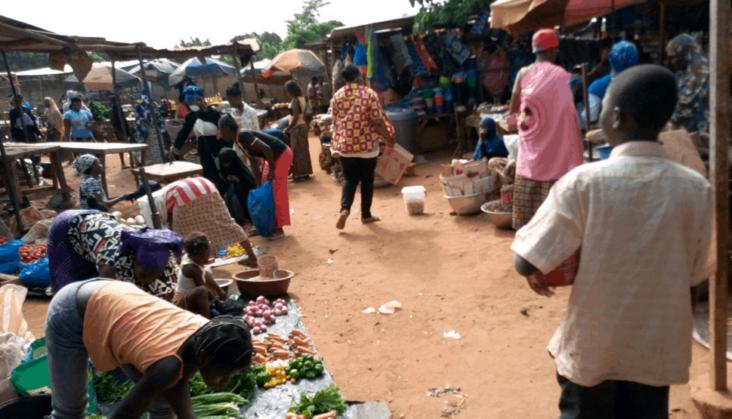Africa-Press – Mauritius. China, Western Europe, the United States and Brazil have thus far been the regions hardest hit by the COVID-19 pandemic.
The virus has also been spreading across the African continent and threatening to devastate vulnerable populations and overwhelm an already fragile healthcare system.
Unlike with past pandemics—even those that occurred in the relatively recent past like 2003’s SARS and 2009’s H1N1—this time organisations have been able to use technology more nimbly in an effort to both curb the spread and determine where people need resources acutely.
As citizens throughout Africa bypass landlines and acquire smartphones, the potential to use technology to engage large numbers of citizens in an effort to support economic and human development rises exponentially.
What’s more, crowdsourced data collected via smartphones allows unparalleled insight into the communities where such insight is desperately needed. Crowdsourced data is also often more reliable than data collected from surveyors or data collectors,
Crowdsourcing is just one example of how the adoption of technological solutions is accelerating during this pandemic. Video conferencing, online shopping for basics, including groceries, touchless interfaces, etc. are likely to be business-as-usual going forward.
A population armed with a simple tool, like a smartphone, coupled with enterprises that employ machine-learning, gives aid organisations and public health authorities the opportunity to collect massive amounts of information, make sense of it, and then act on it.
In the current climate, crowdsourcing can also provide real-time glimpses of realities in places where data is notoriously hard to collect. For example, during the ongoing pandemic, citizens have participated in location- discovery projects to create maps of health clinics in Nigeria.
In Yemen and Egypt, citizens have also shared first-hand observations—including photos showing adherence to social distancing—and alerted health authorities about the sources of misinformation campaigns, and shared photos of empty (and well-stocked) store shelves.
In short, when people are out conducting their activities of daily living, they are able to provide information about what sorts of supplies are available and which are in short supply.
Citizens participate in a survey about economic conditions in Africa The information they collect demonstrates how real-time, citizen-generated data can inform a more accurate picture of realities on the ground, and support programme implementation.
Crowdsourced data is also often more reliable than data collected from surveyors or data collectors simply because the volume of data collected is so much greater. It’s also possible to collect crowdsourced data in real-time, with actionable analytics.
In the context of COVID-19, crowdsourced data can demonstrate that residents living in certain regions are neither wearing masks when in public, nor observing social-distancing recommendations.
With such information, health authorities could elect to focus messaging on the importance of these strategies. An open-air market in Yemen (Premise Contributor)
Technological innovations can also provide aid organizations and authorities with a more detailed account of dynamic situations on the ground that traditional methods may not always capture.
Tools that illustrate change over time, such as heat maps of specific neighbourhoods, can be invaluable in determining what resources are most needed in challenging environments.
Understandably, the unpredictable spread of COVID-19 has led to equally uneven government responses; to date, Morocco and Tunisia have taken the strongest control measures, issuing nationwide shelter-in-place orders on 18 and 20 March, respectively.
Egypt, Kenya and Algeria implemented overnight curfews for a growing number of areas between March 24-27, while Nigeria issued stay-at-home orders for three of its states at the end of March.
(30 March for Lagos, Ogun and Abuja, its most populous states.)
majority of respondents to a COVID-19 survey believe social distancing will help prevent overwhelming the health systems across Africa
Bottom line: Crowdsourcing as a means of data collection is here to stay and it makes it possible to closely monitor sentiments in developing countries and understand the potential impact of citizens’ behaviours as these countries’ infections rise so authorities and organisations can take appropriate action.
For More News And Analysis About Mauritius Follow Africa-Press







